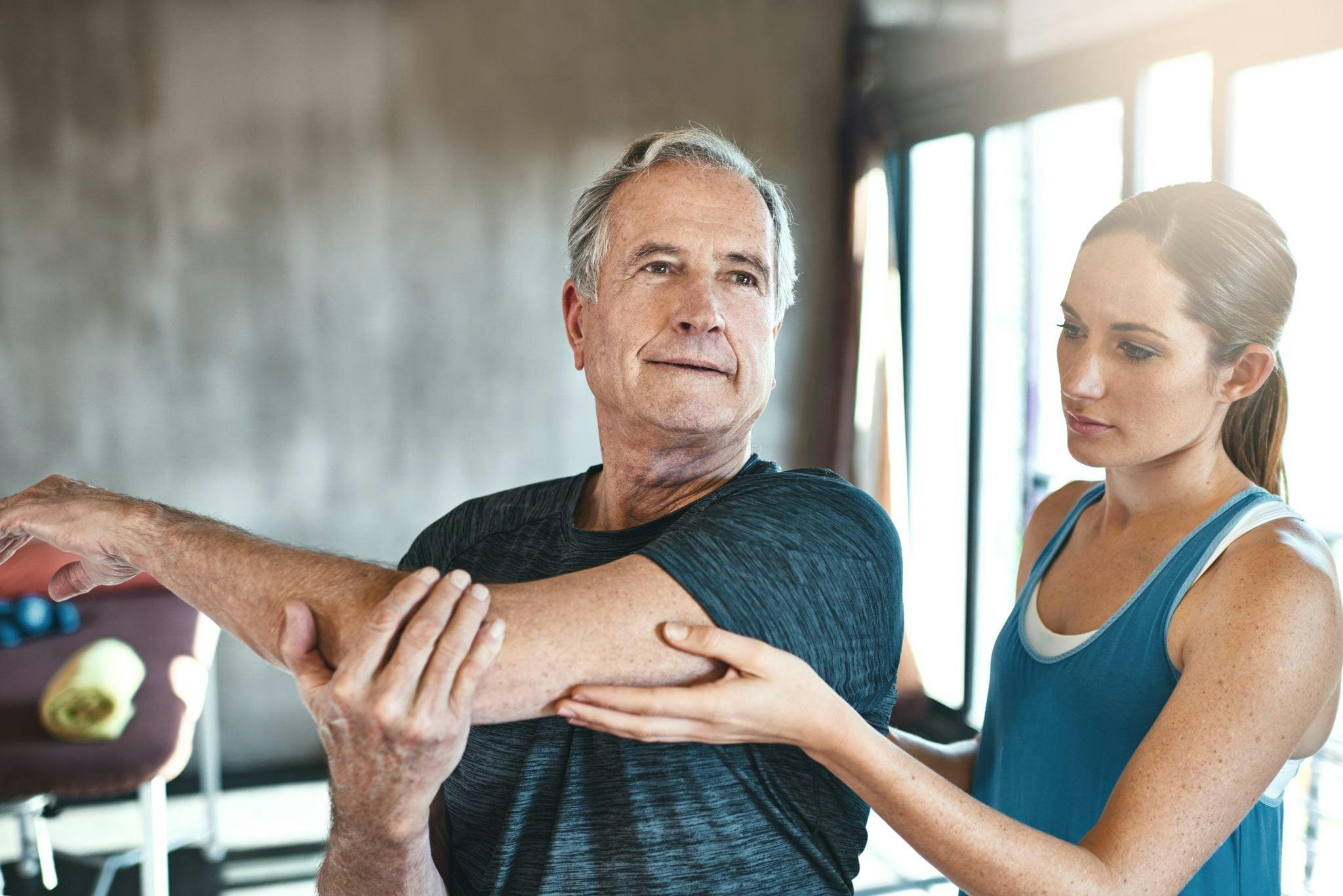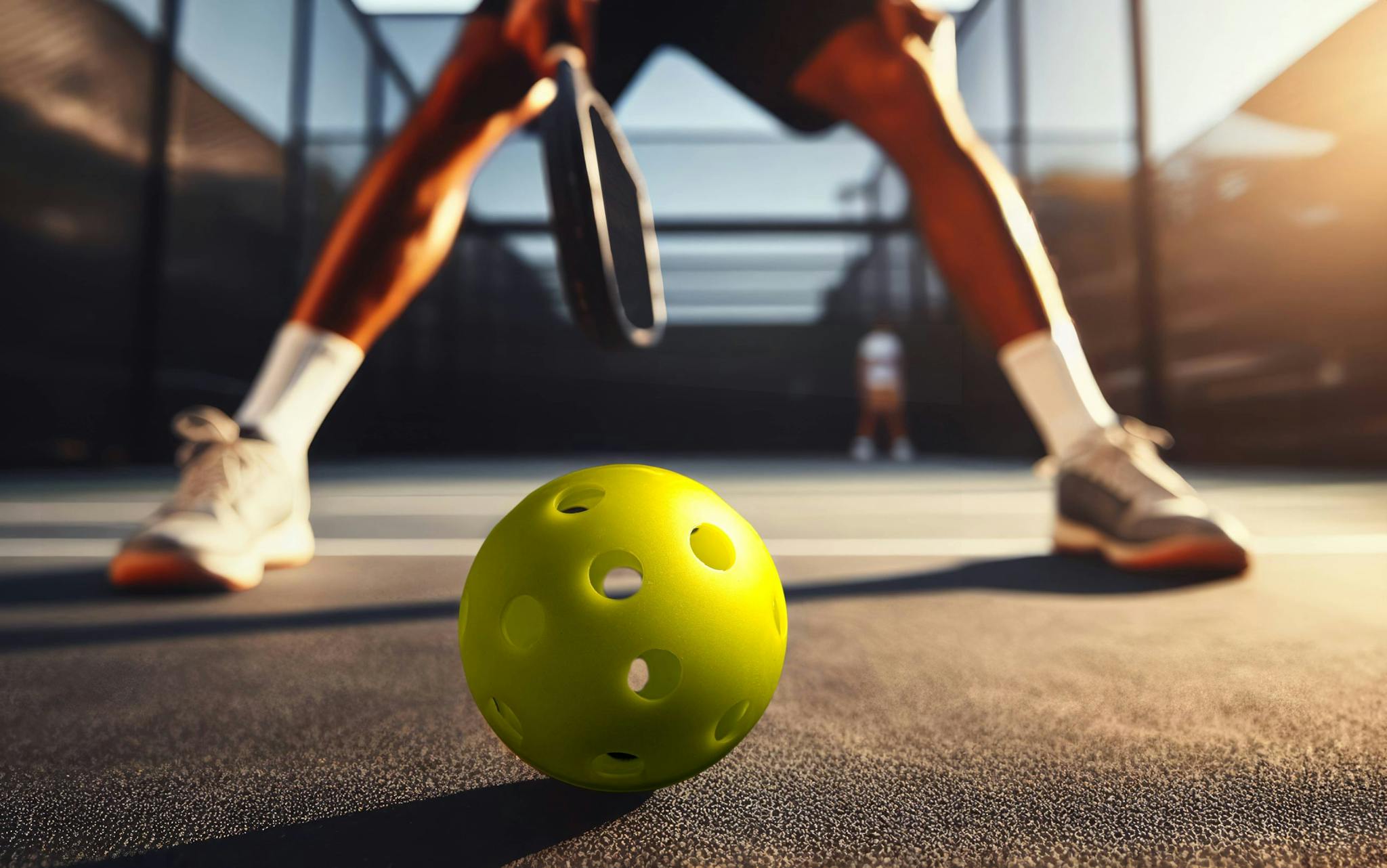
2025-06-10T13:54:10
Understanding Skin Grafts
- Dermatology
- Family Medicine
- Internal Medicine
- Orthopedics
August 10, 2017 | Orthopedics
Specialties:Orthopedics

Shoulders are a ball-and-socket joint similar to the hip, allowing the arms a greater range of motion. The shoulder socket’s shape (similar to a golf tee—flat on top), however, allows the ball of the upper arm bone to slip out of it easily, and this is why the shoulder gets dislocated more often than any other joint in the body.
Dislocations aren’t the only possible shoulder injury, though. Repetitive stress can cause injuries, particularly for people who play sports or engage in certain workouts. Here’s a look at some of the most common workout-related shoulder injuries.
In general, orthopedic surgeons group shoulder injuries into two categories:
Now, let’s look at three of the most common exercise-related shoulder injuries you may run into.
The rotator cuff is a set of four muscles that sits around the ball of the shoulder joint, allowing for full range of motion. Rotator cuff injuries are a perfect example of impingement—they often take place during sports that involve lifting the hands over the head, including baseball (pitching), swimming (freestyle or butterfly strokes), tennis (serving) and weightlifting. These movements can cause the top part of the shoulder blade to pinch rotator cuff muscles.
In addition, repetitive motions can overload rotator cuff tendons, which cause them to swell and become inflamed—this is what’s called tendinitis. It can lead to a tear in the tendon that connects the rotator cuff muscles to the ball of the joint.
Symptoms of rotator cuff injuries may include:
Short for acromioclavicular joint, the AC joint is the location where the acromion meets the collarbone. In cases where ligaments connecting the acromion and collarbone are torn, this results in a separated shoulder. AC joint injuries can result from being hit hard in the shoulder, or by falling on an outstretched hand. Symptoms of an AC joint injury include:
When the top of the upper arm bone, or the ball, slips out of its socket, shoulder dislocation occurs. The ball may slip forward, backward, or downward. Many shoulder dislocation sufferers feel like the shoulder is starting to slip out of place, a feeling called instability. When the shoulder only slips partway out, this is called a subluxation.
Shoulder dislocations can be caused by a strong hit to the shoulder, or by rotating the joint in the shoulder too far. Symptoms include:
If you feel any of these symptoms in your shoulder during a workout or sports activity, stop activity right away. Your doctor can advise proper treatment methods and future prevention techniques for these injuries.
“Did I Hurt My Shoulder While Working Out?” WebMD. http://www.webmd.com/pain-management/shoulder-injuries#1
“Common Shoulder Injuries.” American Academy of Orthopedic Surgeons. http://orthoinfo.aaos.org/topic.cfm?topic=a00327

WRITTEN BY:
The Live Better Team

2025-06-10T13:54:10

2024-06-21T14:29:51

2024-02-06T11:40:13

2023-03-30T11:23:12
This information is not intended to replace the advice of a medical professional. You should always consult your doctor before making decisions about your health.